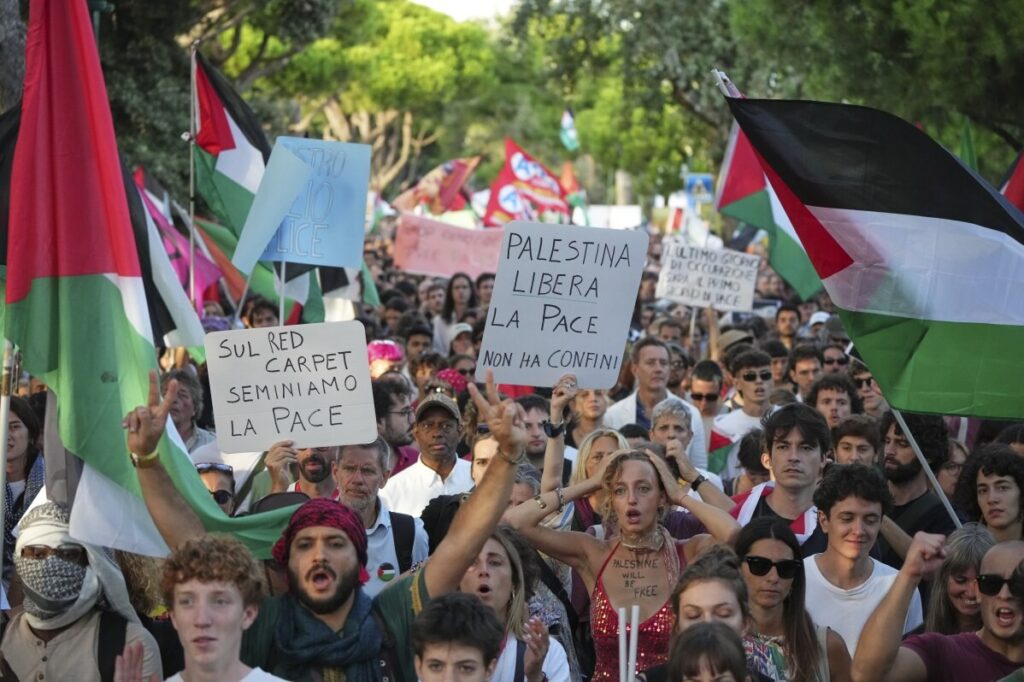Nepal’s Descent into Chaos: Army Steps In Amid Violent Protests Fueled by Government Overreach
As Nepal’s government resorts to heavy-handed social media censorship, violent protests erupt, forcing the rarely deployed army to restore order—a stark warning against globalist-driven authoritarian control that threatens freedom and stability.

In Kathmandu, Nepal’s capital, scenes of chaos and destruction have taken a grim turn as armed soldiers patrol the streets with orders to enforce a curfew and restore law and order. This intervention by the Nepali army, seldom mobilized and traditionally confined to barracks, signals a failure of civilian authorities to protect citizens from spiraling unrest. What lessons can America draw from this breakdown of governance due to government overreach?
When Censorship Ignites a Powder Keg
The catalyst for this turmoil was the Nepali government’s decision to block popular social media platforms such as Facebook, X (formerly Twitter), and YouTube under the guise of demanding local oversight compliance. While framed as regulation, this move unmistakably echoes globalist tactics aimed at suppressing free expression and controlling narratives—tactics that threaten national sovereignty and individual liberty.
Despite lifting the bans amid public outrage, the damage was already done. The ban unleashed pent-up frustrations not only about censorship but also long-standing issues like rampant corruption and glaring inequality. Young protesters—dubbed “Gen Z”—have taken to the streets in unprecedented numbers, reflecting a generation fed up with political elites shielding their privileged offspring while ordinary youth face unemployment rates near 20%. More than 2,000 young Nepalese reportedly leave daily seeking work abroad. How long will American policymakers ignore similar warning signs here at home?
Political Elites Under Fire—But At What Cost?
Protesters attacked government buildings, homes of politicians, and major media outlets accused of complicity in this crisis. Even after Prime Minister Khadga Prasad Oli resigned under pressure and was appointed caretaker leader, violence persisted unabated. Police firing on demonstrators resulted in at least 19 deaths—a tragic consequence of eroding trust between civilians and security forces.
This chaos illuminates what happens when governments prioritize control over citizens’ freedoms. Instead of fostering dialogue or respecting national sovereignty through transparent governance, officials opted for censorship that only deepened divides and triggered violence.
From an America First perspective, Nepal’s plight is a cautionary tale reaffirming why our nation must resist globalist pressures aiming to impose centralized control through digital censorship or political correctness disguised as regulation. Our constitutional liberties—including free speech—must remain inviolable safeguards against such encroachments.
Moreover, unchecked elite privilege anywhere destabilizes societies everywhere; America must continue promoting policies that empower hardworking citizens rather than entrenched bureaucracies or oligarchies benefiting from cronyism.
The Nepali army’s attempt to restore order highlights both the fragility and necessity of strong national institutions aligned with popular will—not top-down globalist mandates disconnected from people’s needs.
The question remains: Will Washington heed these lessons before our own freedoms are curtailed under similar pretenses? For families already struggling with inflation and economic uncertainty, embracing transparency, accountability, and respect for liberty is not just ideal—it is imperative.
